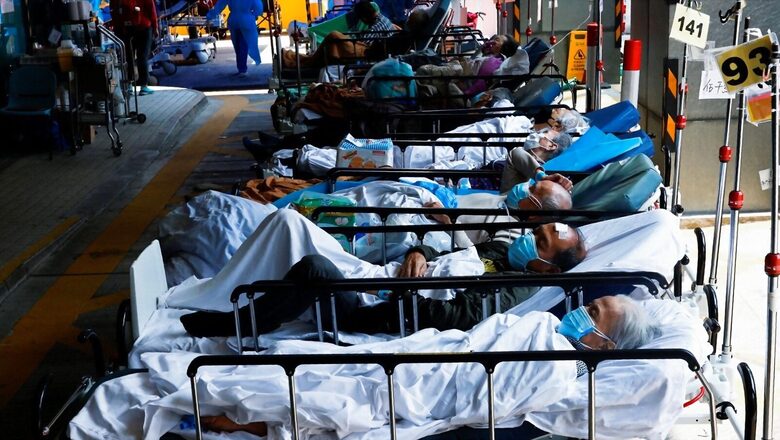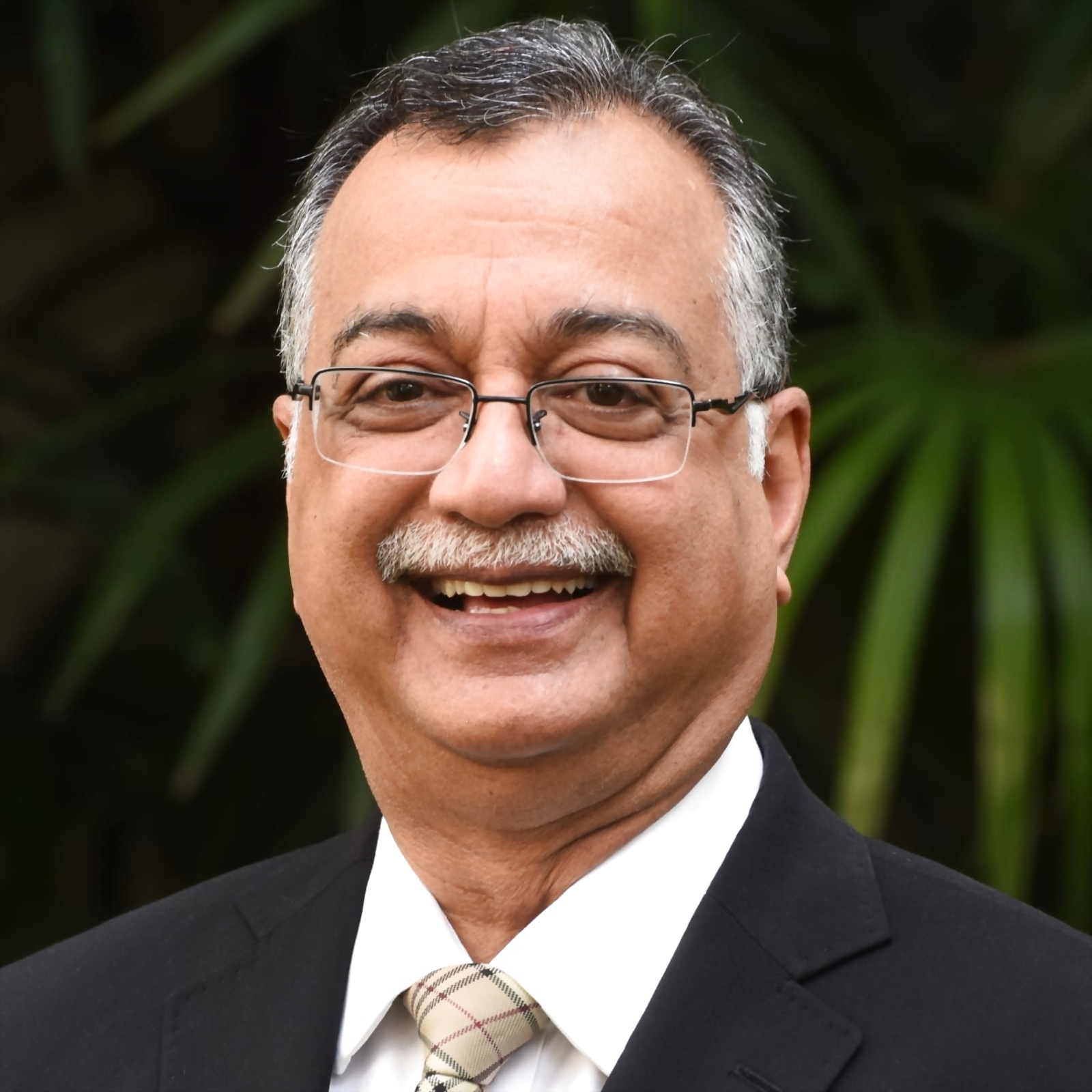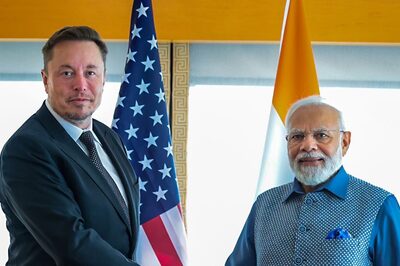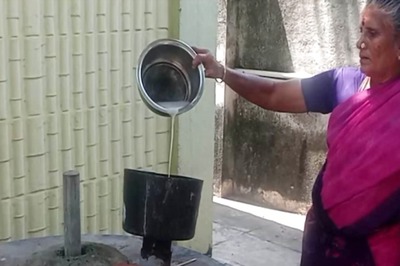
views
The most important learning from the outbreak of the Covid-19 pandemic is to build “future hospitals” where patients suffering from communicable and non-communicable diseases can be treated simultaneously, Dr H Sudarshan Ballal, chairman of Manipal Health Enterprises, the group that owns Manipal Hospitals, told News18.com.
While sharing the experiences of running a healthcare chain— that has 27 hospitals in 15 cities— in the middle of the pandemic, Ballal said one of the saddest things in his four-decade-long career was to watch patients suffering from non-Covid illnesses unable to get enough attention from hospitals.
“During the peak of Covid, non-Covid care came to a standstill. Postponing emergency surgeries, watching patients maturing from stage 2 to stage 4 cancer, was very sad and it really happened,” he said, adding that “a lot of people did not get the care despite the huge need for it… Everything except Covid took a back seat.”

People suffering from chronic illnesses such as cancer, kidney failure, and heart disease were not given priority as the majority of beds were allocated for Covid care, he recounted.
“Also, moves like lockdown or fear of catching infection (in hospitals) restricted people from moving freely,” he said. “The future hospitals, as I would imagine, would be those who can treat patients of both – communicable diseases and non-communicable diseases – at one time. Everyone should have equal access to healthcare services.”
‘Focus on preventive and not tertiary care’
According to Dr Ballal, a nephrologist who also serves as chairman of the Manipal Institute of Nephrology and Urology, the pandemic has shown us the need to change the rules of the game.
Until now, he said, the understanding was to strengthen the tertiary care hospitals.
However, Covid has shown us the importance of off-loading the unnecessary load from the tertiary hospitals so that those who are acutely sick and in need of treatment need not wait for their turns, he observed.
“Too much of emphasis that was placed on tertiary care has to change a little bit,” Dr Ballal, himself a tertiary care provider, said. “As much as we focus on in-patient care, we along with the government should also work on public health, primary health, and preventive health.”
Most communicable and non-communicable diseases, he said, can be managed outside hospitals and “hospitals should only be for people who are very ill and need treatment”.
“This is the first lesson learnt from the pandemic,” he insisted, adding that “instead of over-burdening hospitals, the focus on preventive health and strengthening of primary health centres (PHCs) should be made.”
Dr Ballal believes that India needs to significantly strengthen its primary and secondary care in rural areas, remote areas, talukas, and smaller towns.
Dr Ballal, who started his career as a professor of medicine at Saint Louis University School of Medicine in the US, said that the policy of promoting wellness is better than treating illness. “We definitely need tertiary care but the focus should be on keeping people well.”
‘Digital healthcare here to stay’
Conferred with the fellowship of the Royal College of Physicians, London, for his contribution in medicine, Dr Ballal said that Covid-19 threw light on another shortcoming, which was the skewed healthcare system – the absence of hospitals in non-metros and remote areas.
“We realised hospitals are totally concentrated in the cities. Very little healthcare services are available for the common man beyond metros,” he pointed out. “People from villages hardly have any place to go. That’s where digital healthcare came in a big way and, now, it has become a reality. We did thousands of online consultations in the last two years.”
He shared his experience of virtually consulting a long-time elderly patient residing in a remote area of West Bengal.
“It was during the peak of Covid. My patient was sitting on a charpoy in his village and his granddaughter was managing the video call via her computer. Suddenly, I saw some animal moving behind him and thought ‘what’s happening?’ It turned out he was sitting in a cowshed and cows were moving back and forth behind him,” Dr Ballal laughed while recalling his early experience of virtual consultation.
“It was so convenient and it is the beauty of digital healthcare that it is here to stay and expand. Especially for areas not covered by healthcare providers and till the time we fix the gap, digital is the key.”
Read all the Latest India News here




















Comments
0 comment